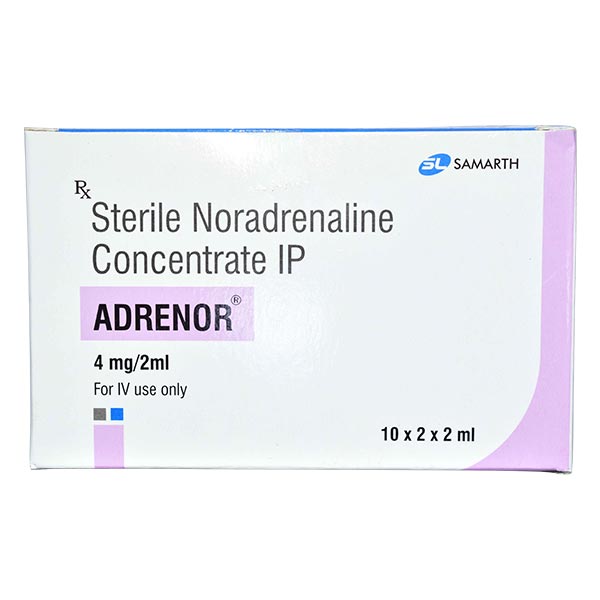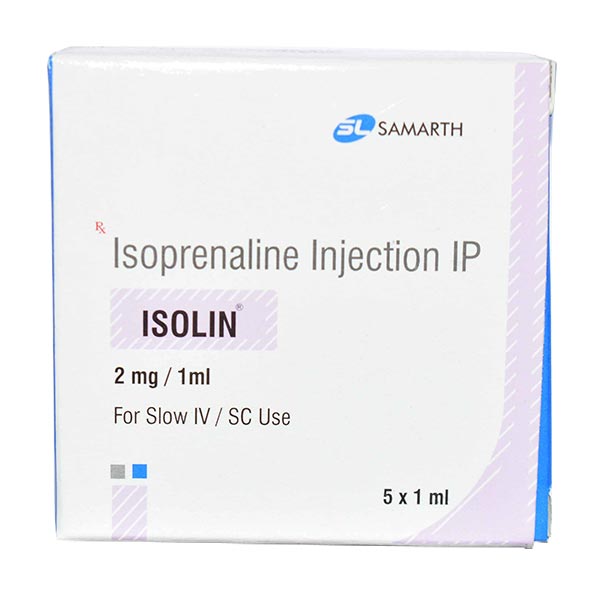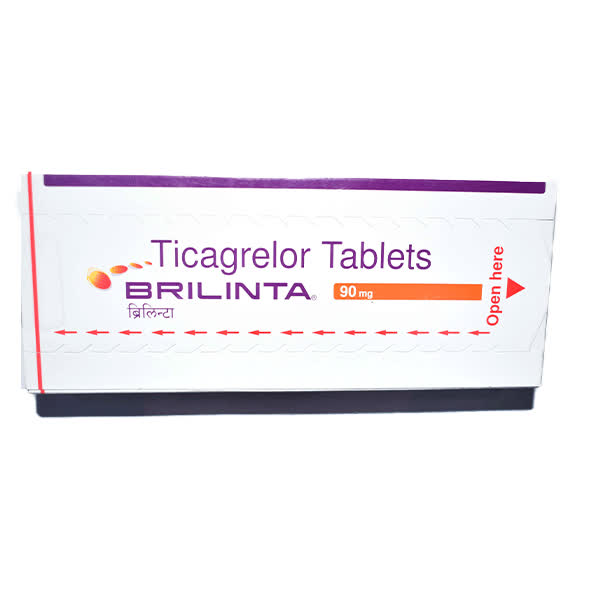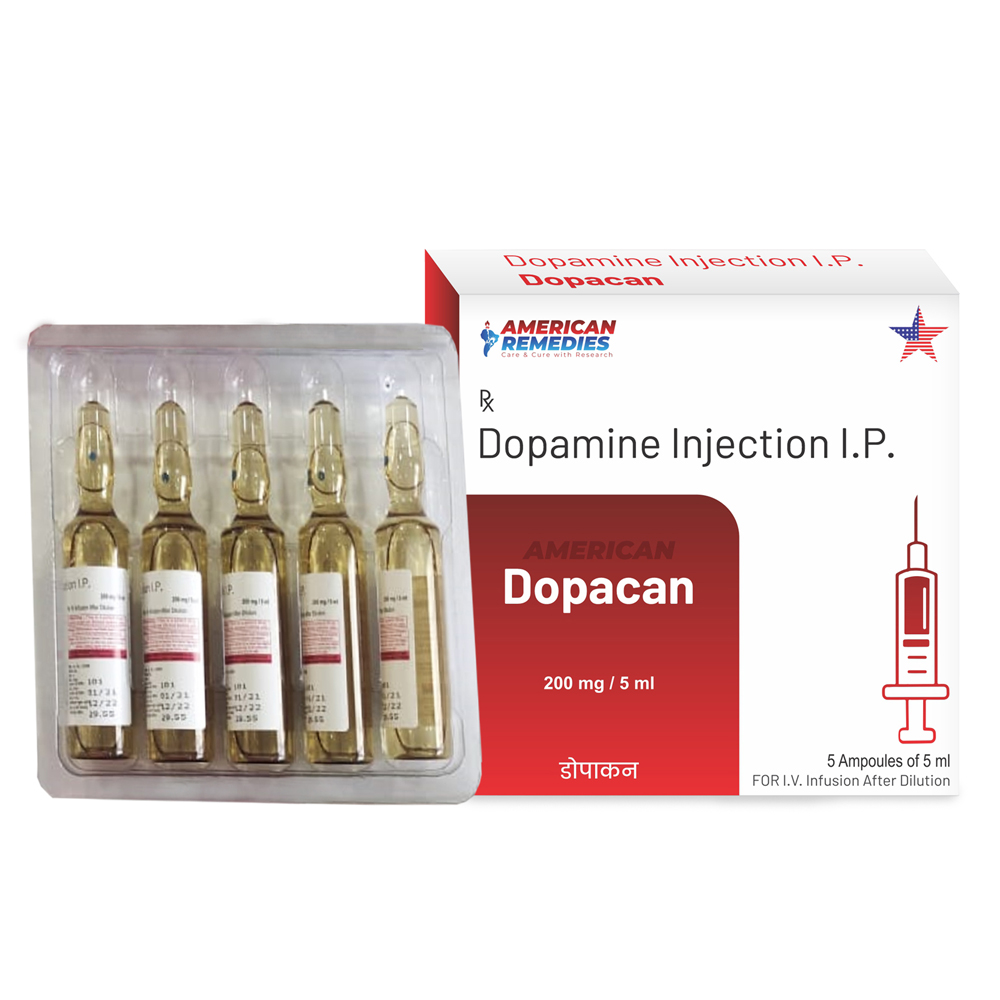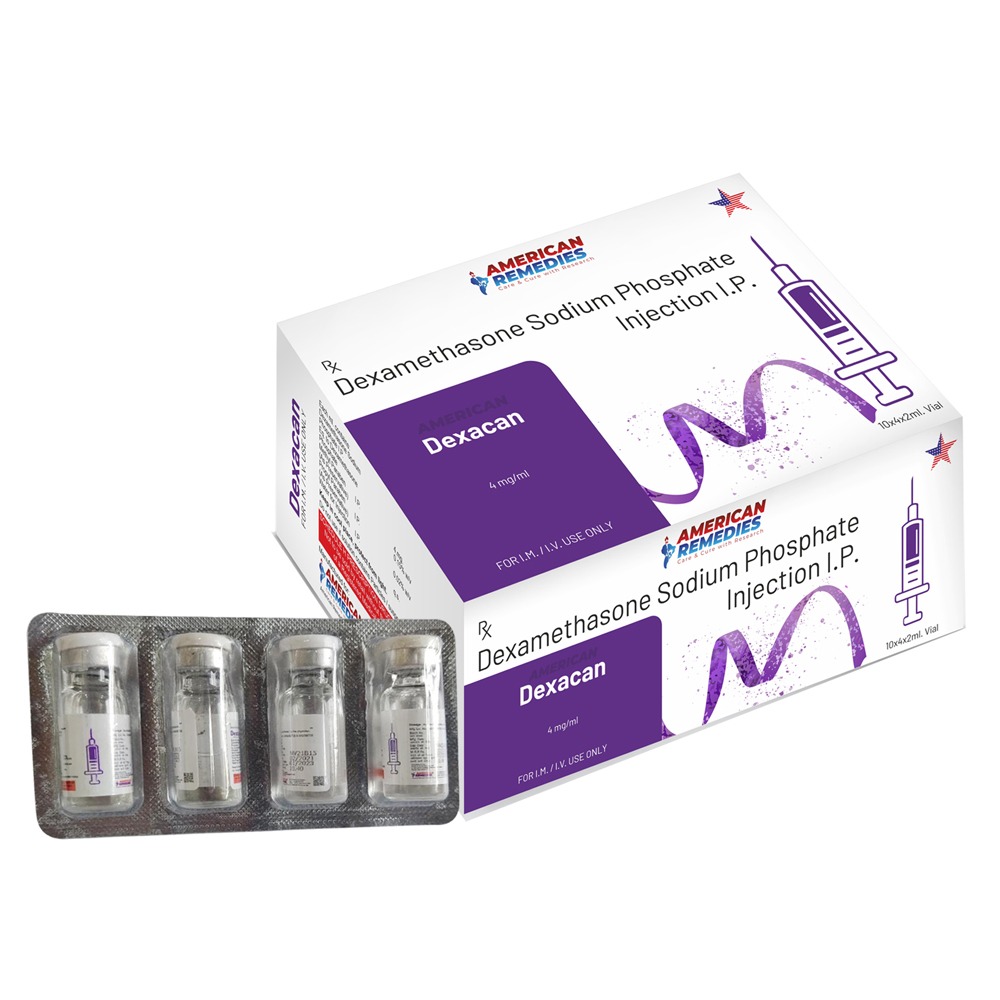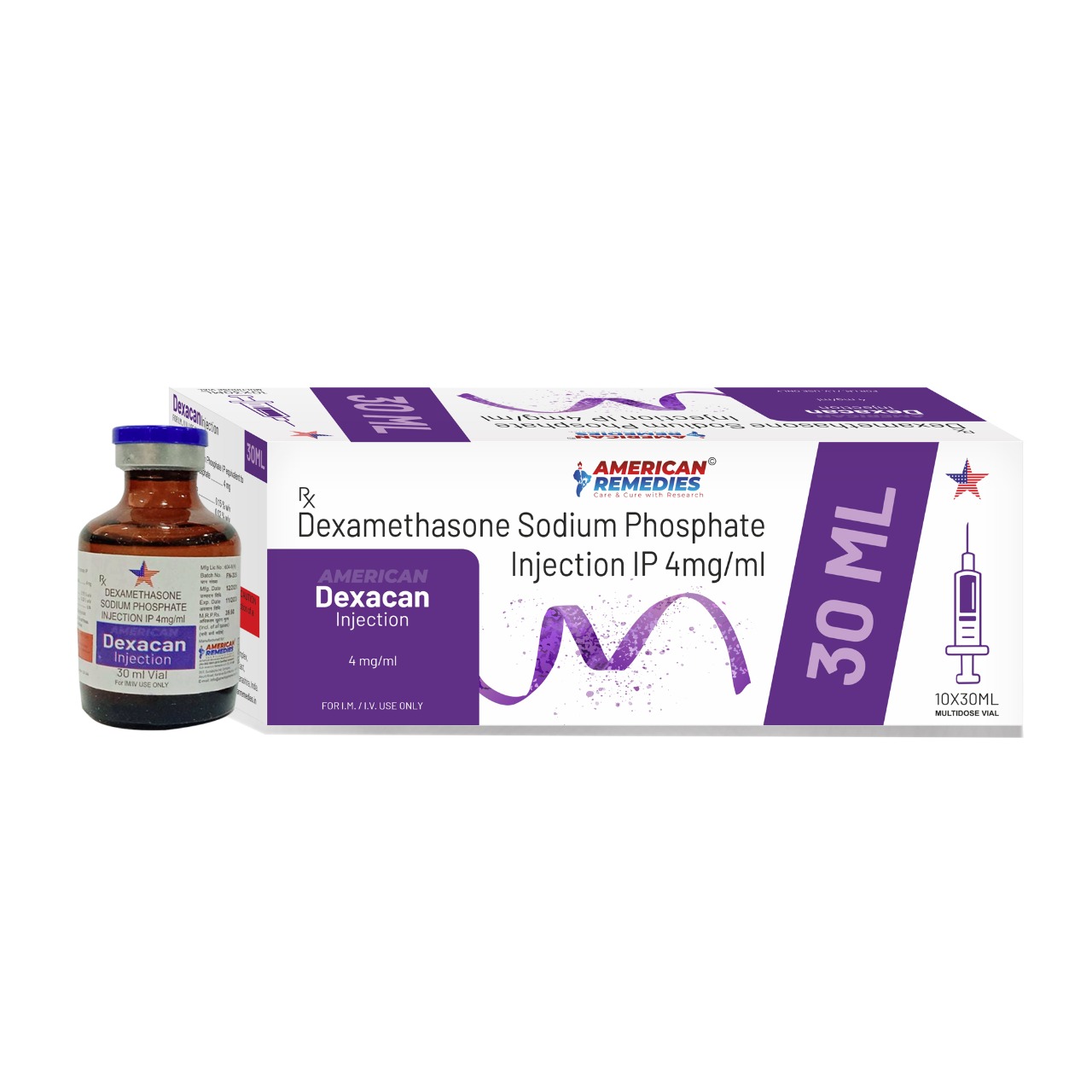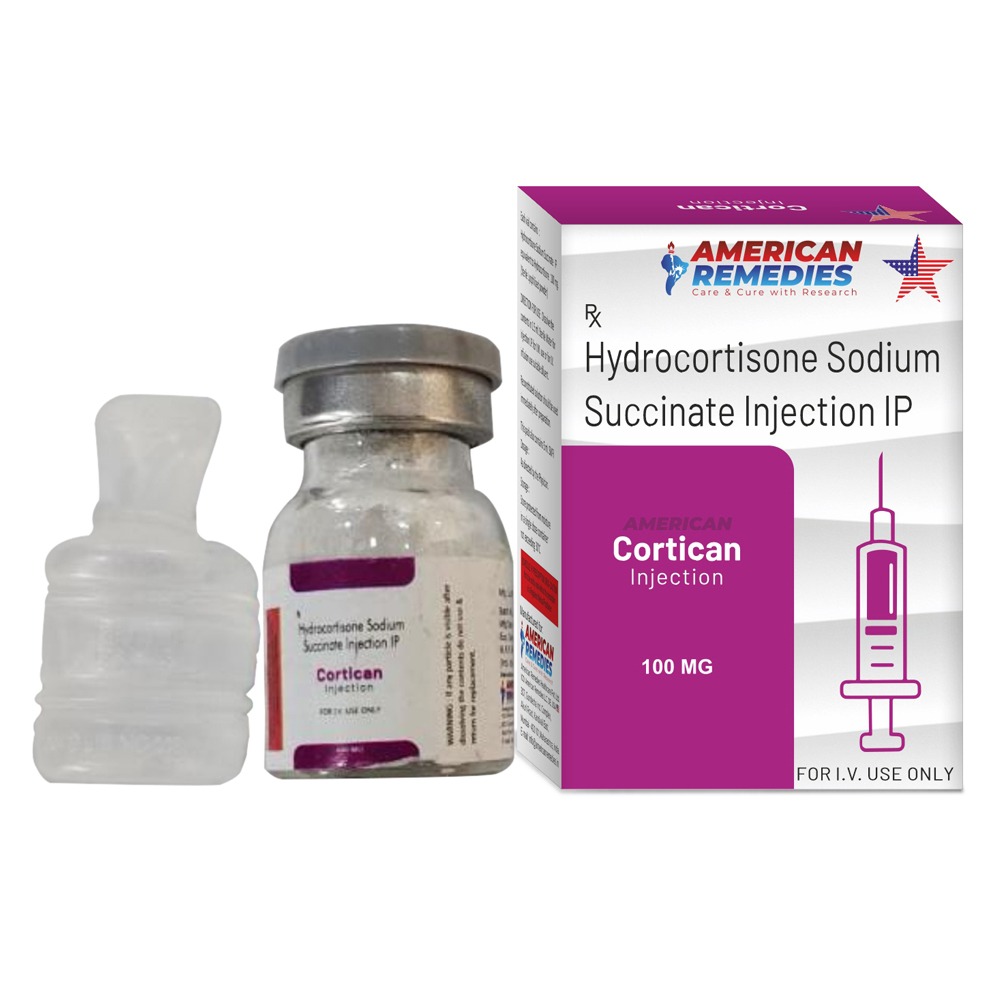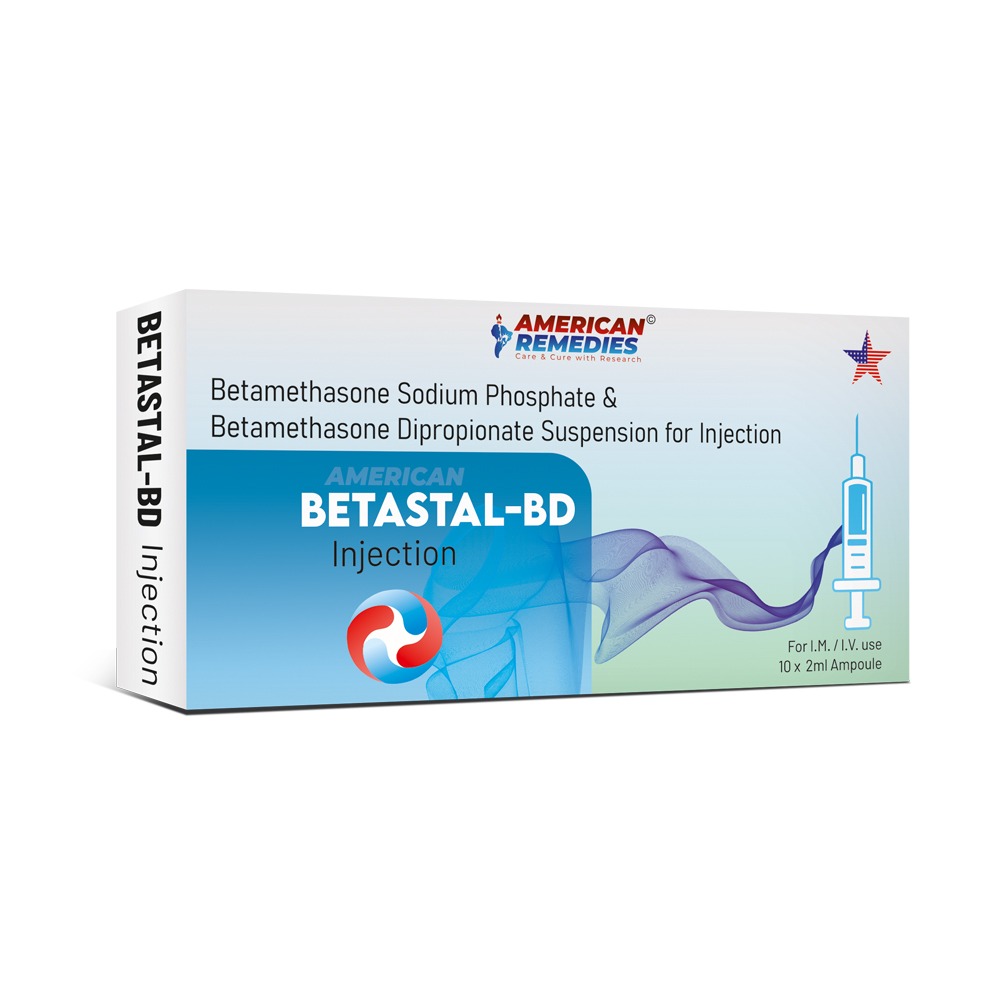Heart Disorder
Brilinta 90mg Tablet
Marketer
AstraZeneca
SALT COMPOSITION
Ticagrelor (90mg)
Storage
Store below 30°C
Uses of Brilinta Tablet
Heart attack
Prevention of heart attack and stroke
Unstable angina
Product introduction
Brilinta 90mg Tablet belongs to a group of medicines called antiplatelet or blood thinners. It reduces the formation of harmful blood clots in blood vessels, which helps to prevent heart attacks or strokes in people with heart disease.
Brilinta 90mg Tablet is also used to treat people with a recent heart attack or severe heart-related chest pain (unstable angina) who have undergone stenting of the heart. It helps to prevent serious heart-related problems like having another heart attack, stroke, or formation of blood clots in stents in such people.
Your doctor will also prescribe aspirin, another antiplatelet medicine, along with this medicine. Brilinta 90mg Tablet may be taken with or without food and should be taken regularly at the same time each day. It is important to keep taking it even if you feel well. If you stop taking this medicine, it may increase your chances of having another heart attack or stroke.
The most common side effects of this medicine are dyspnea (breathlessness) and bleeding. If you cut or injure yourself, it may take longer than usual for the bleeding to stop. Such episodes of bleeding are usually mild and resolve on their own. Mild breathlessness caused by this medicine usually resolves on its own with continued treatment. Let your doctor know if bleeding persists or if the breathlessness worsens or does not go away.
Brilinta 90mg Tablet is not suitable for some people. Do not take it if you are bleeding from anywhere in the body, such as a stomach ulcer or bleeding within the brain. It is also not recommended for people with liver diseases. Before using the medicine, inform your doctor of any such problems.
Benefits of Brilinta Tablet
In Prevention of heart attack and stroke
Brilinta 90mg Tablet is an antiplatelet medicine or blood thinner. It prevents blood from clotting inside the veins and arteries, helping the blood flow freely around your body and preventing a heart attack or stroke (deep vein thrombosis or pulmonary embolism). To achieve maximum benefits, take this medicine regularly and make appropriate lifestyle changes. It is often prescribed with a low dose of aspirin, which also helps prevent blood from clotting.
Side effects of Brilinta Tablet
Most side effects do not require any medical attention and disappear as your body adjusts to the medicine. Consult your doctor if they persist or if you’re worried about them
Common side effects of Brilinta
Bleeding
Breathlessness
How to use Brilinta Tablet
Take this medicine in the dose and duration as advised by your doctor. Swallow it as a whole. Do not chew, crush or break it. Brilinta 90mg Tablet may be taken with or without food, but it is better to take it at a fixed time.
How Brilinta Tablet works
Brilinta 90mg Tablet is an antiplatelet medication. It works by preventing platelets from sticking together, thereby decreasing the formation of harmful blood clots. This lowers the chance of heart attack or stroke.
Safety advice
warnings
Alcohol
CAUTION
Caution is advised when consuming alcohol with Brilinta 90mg Tablet. Please consult your doctor.
warnings
Pregnancy
CONSULT YOUR DOCTOR
Brilinta 90mg Tablet may be unsafe to use during pregnancy. Although there are limited studies in humans, animal studies have shown harmful effects on the developing baby. Your doctor will weigh the benefits and any potential risks before prescribing it to you. Please consult your doctor.
warnings
Breast feeding
CONSULT YOUR DOCTOR
Information regarding the use of Brilinta 90mg Tablet during breastfeeding is not available. Please consult your doctor.
warnings
Driving
CONSULT YOUR DOCTOR
It is not known whether Brilinta 90mg Tablet alters the ability to drive. Do not drive if you experience any symptoms that affect your ability to concentrate and react.
Dizziness, confusion, vertigo, and syncope have been reported in some patients. If you experience such symptoms, be cautious while driving or using machines.
warnings
Kidney
SAFE IF PRESCRIBED
Brilinta 90mg Tablet is safe to use in patients with kidney disease. No dose adjustment of Brilinta 90mg Tablet is recommended.
Limited information is available on the use of Brilinta 90mg Tablet in renal dialysis patients.
warnings
Liver
SAFE IF PRESCRIBED
Brilinta 90mg Tablet is safe to use in patients with liver disease. No dose adjustment of Brilinta 90mg Tablet is recommended.
Use of Brilinta 90mg Tablet is not recommended in patients with severe liver disease.
Send
Message

